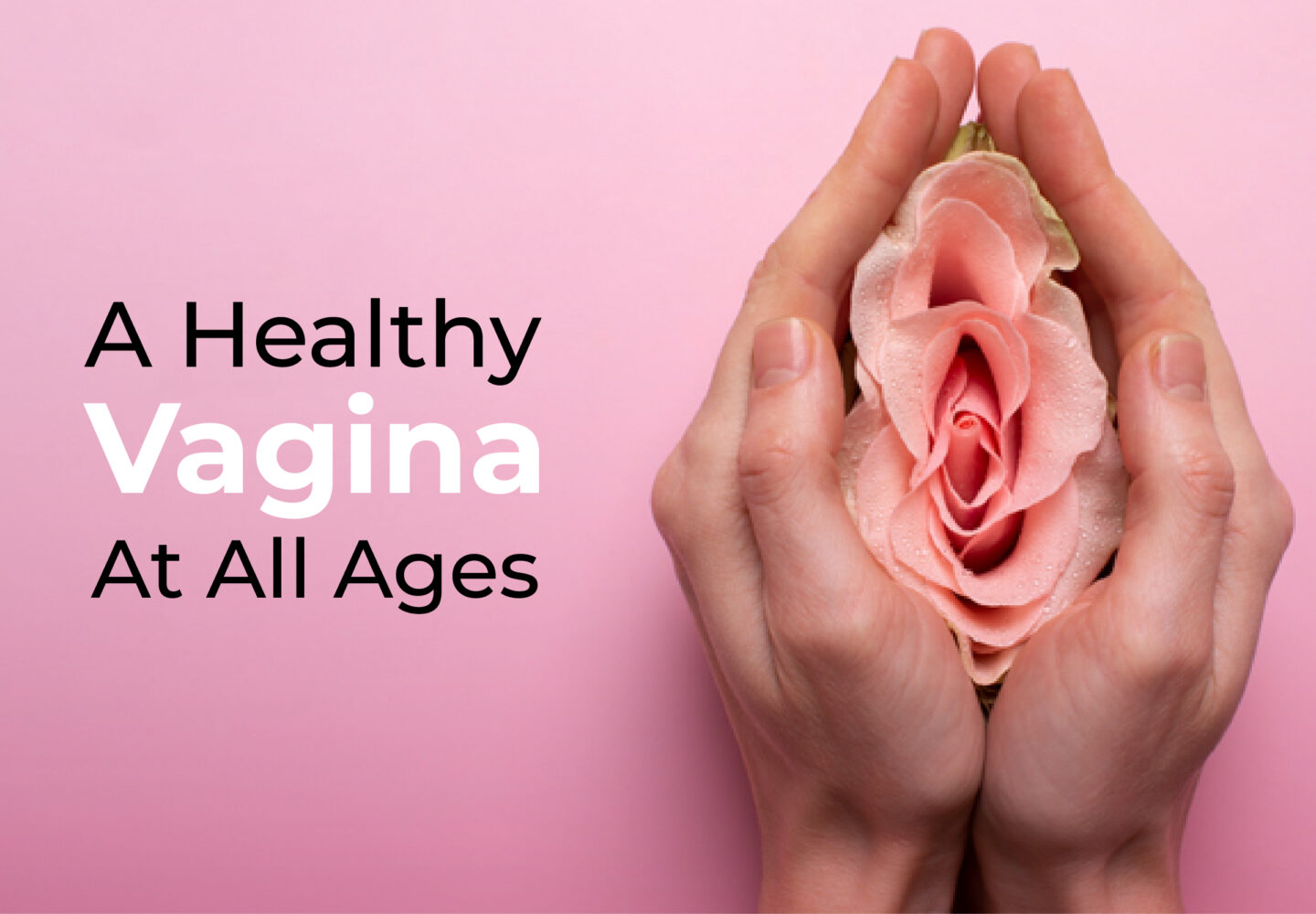Vaginal health is a critical component of overall well-being for women, yet it is often overlooked in discussions about health and nutrition. A balanced diet rich in essential vitamins can significantly impact vaginal health, helping to prevent infections, maintain moisture, and support the vaginal microbiome. Understanding how different vitamins influence vaginal health and adopting best practices can empower women to take proactive steps in maintaining their health.
1. Vitamins and Vaginal Health
Vitamin A: Vitamin A plays a crucial role in maintaining healthy mucous membranes, including those in the vaginal area. It promotes cell growth and repair, which is essential for maintaining the integrity of the vaginal lining. A deficiency in vitamin A can lead to dryness and increased susceptibility to infections. Foods rich in vitamin A include sweet potatoes, carrots, and spinach.
Vitamin C:
Known for its immune-boosting properties, vitamin C is also vital for vaginal health. It supports collagen production, which is important for maintaining the elasticity and strength of vaginal tissues. Additionally, vitamin C has antioxidant properties that help combat oxidative stress and inflammation. Citrus fruits, strawberries, and bell peppers are excellent sources of vitamin C.
Vitamin D:
Vitamin D is essential for overall immune system function, which directly impacts vaginal health. Adequate levels of vitamin D can help reduce the risk of infections and inflammatory conditions. It also plays a role in maintaining the balance of the vaginal microbiome. Vitamin D can be obtained from sunlight exposure and foods like fatty fish, egg yolks, and fortified dairy products.
Vitamin E:
Vitamin E is a powerful antioxidant that helps protect cells from damage caused by free radicals. It also plays a role in maintaining vaginal moisture and preventing dryness. Vitamin E can be found in nuts, seeds, and green leafy vegetables.
B Vitamins:
The B vitamins good for vaginal health, particularly B6, B9 (folate), and B12, contribute to overall vaginal health. They support energy metabolism, red blood cell production, and proper cellular function. Folate, in particular, is crucial for maintaining healthy vaginal tissues and preventing infections. Foods rich in B vitamins include whole grains, legumes, and lean meats.
2. Best Practices for Vitamin Intake
Balanced Diet:
The best way to ensure adequate vitamin intake is through a balanced diet that includes a variety of nutrient-rich foods. Incorporate fruits, vegetables, whole grains, lean proteins, and healthy fats into your daily meals. This approach not only provides essential vitamins but also supports overall health.
Supplements:
While obtaining vitamins from food is ideal, some women may benefit from supplements, especially if they have specific deficiencies or dietary restrictions. Consult with a healthcare provider before starting any supplement regimen to determine the appropriate dosage and to avoid potential interactions with other medications.
Hydration:
Adequate hydration is essential for maintaining vaginal health. Water helps in the transportation of vitamins and nutrients throughout the body and supports overall mucosal health. Aim to drink plenty of water daily to support vaginal moisture and overall well-being.
Regular Check-ups:
Regular gynecological check-ups can help monitor vaginal health and identify any potential issues early on. Discuss any concerns with your healthcare provider, including symptoms such as dryness, discomfort, or unusual discharge, which could be related to nutritional deficiencies.
Healthy Lifestyle Choices:
In addition to a balanced diet, adopting other healthy lifestyle choices can enhance vaginal health. Regular exercise, stress management, and avoiding smoking and excessive alcohol consumption contribute to overall well-being and support vaginal health.
3. Addressing Vitamin Deficiencies
If you suspect a vitamin deficiency, it is important to address it promptly to prevent any adverse effects on vaginal health. Symptoms of deficiencies can vary but may include dryness, irritation, or recurrent infections. A healthcare provider can perform tests to diagnose deficiencies and recommend appropriate treatment, which may include dietary changes or supplements.
4. Conclusion
Vitamins play a significant role in maintaining vaginal health, influencing everything from tissue integrity to immune function. By incorporating a variety of nutrient-rich foods into your diet and adopting best practices for overall health, you can support your vaginal well-being and prevent potential issues. Always consult with a healthcare provider for personalized advice and to address any specific concerns or symptoms. Taking a proactive approach to nutrition and health can lead to a healthier, more comfortable life.



